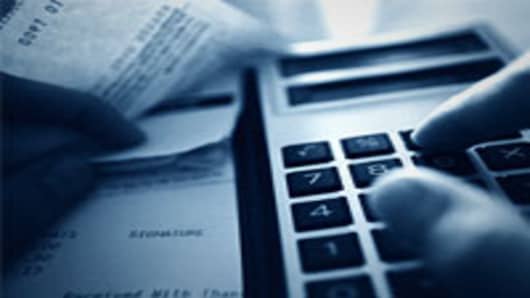While financial experts often recommend tracking expenses to rein in unbridled spending, it is possible to build a nest egg without detailing every penny spent.
“Most wealth accumulators do not budget, me included, at least in the traditional sense,” says Kahler Financial Group President Rick Kahler, who is registered with the National Association of Personal Financial Advisors. “Here is what they do: Out of every dollar, they take out their taxes, then they take out 10 to 20 percent for investing, then 10 to 20 percent for emergency savings, and finally 5 to 10 percent [to give away] and they live on the rest.”
“You can see that most successful wealth builders learn to live on one-third to one-half of what they make, but they don’t have a ‘budget.’ Doing this type of ‘budgeting’ you get to spend everything in the checkbook. There are no envelopes or categorical constraints, as everything that’s important was taken off the top,” adds Kahler.
The simple strategy, he says, is to remove everything of importance — taxes, insurance, car and house payments, vacation and emergency savings, retirement funds — from the paycheck before it hits the bank.
One way to accomplish this is to have the paycheck deposited into a master account where all payments are automatically debited. One of those payments can be a “what’s left” amount that goes into a second checking account for lifestyle expenses, Kahler says.
Carolyn Bird, assistant professor and family resource management specialist for North Carolina Cooperative Extension at North Carolina State University, notes that an account dedicated only to bill payments may help those who don’t track their bank balances.
“This way a forgotten ATM transaction will not put in jeopardy the ability to pay bills,” says Bird, an accredited financial planner.
As a first step, though, people need to know how much money they are taking home, says Bird. Decide when to pay which bills, based on the timing of payroll deposits, and use the bank’s automatic bill-payment system for fixed expenses, timing the payments so they arrive on time, she suggests. This may require asking the companies owed for a different due date.


